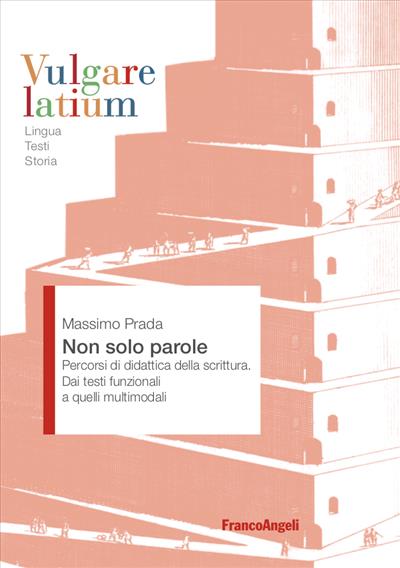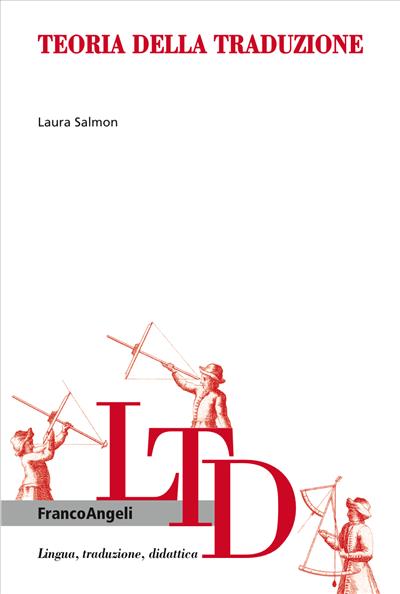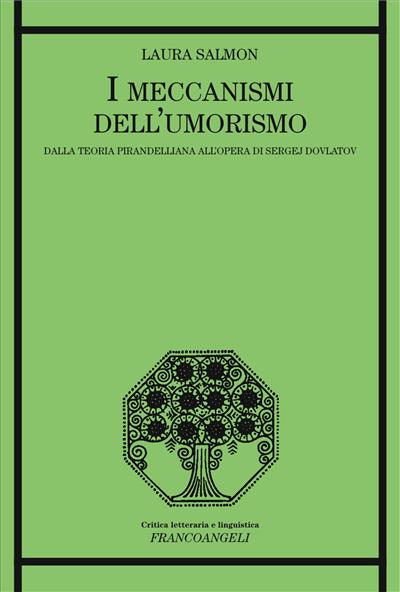
Degrees of event elaboration.
Passive construction in Italian and Spanish
Printed Edition
23.00
Printed Edition
23.00
Pages: 176
ISBN: 9788846449771
Edition: 1a edizione 2003
Publisher code: 1095.40
Availability: Discreta




